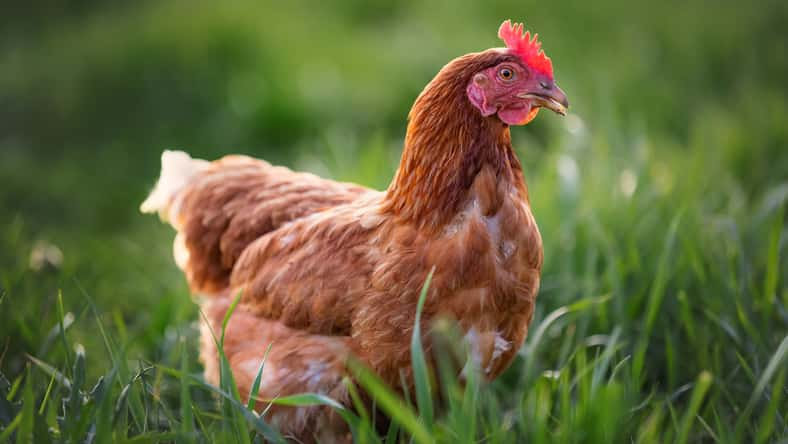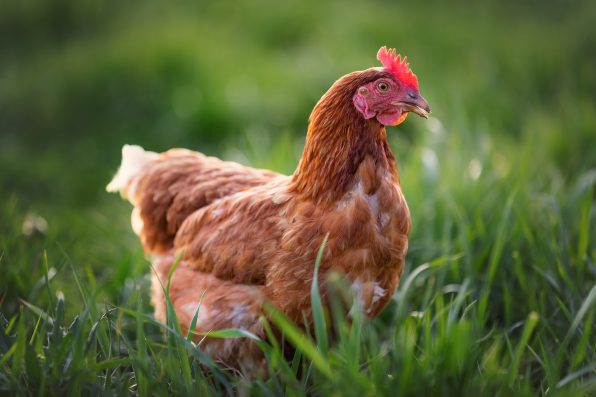Chickens Express Their Emotions Through Their Clucks And Noises, Says This Study

Hear me out when I say that I love chickens. I know that might seem a bit weird, but I’m an animal lover, and I think chickens are hilarious. The way they interact with each other and with humans can be surprisingly hilarious and even loving.
That’s why when I saw this study, I thought it was fascinating.
A study released by the University of Queensland in Australia this January found that chickens can express their emotions through their clucks and noises.
The average person may believe a chicken’s clucking is just random and doesn’t mean anything, but this study is here to prove that it actually does.
The University of Queensland’s School of Veterinary Science wanted to see if people could distinguish the different kinds of clucking chickens made and what emotion they were expressing.
In some of the study’s experiments, staff from the School of Veterinary Science recorded chickens making clucking noises in various scenarios. Then, they played those recordings for people to see if they could identify the context of those clucks.
For instance, two of the recordings played the chickens clucking in anticipation of food or a reward. There was another recording of the chickens’ clucks when food and rewards were being withheld, which the researchers called the “whine calls.”
The researchers played these recordings for a wide demographic of people to see if they could distinguish the emotions behind the clucks.
Amazingly, 69% of participants could tell whether the chickens sounded happy or upset.

Jacqueline Anders – stock.adobe.com – illustrative purposes only
The clucking noises made when the chickens were excited about food or a treat were much faster, while the sad clucks were slower and sounded like whining.
It’s also been known for a while that chickens can create a purring noise when they feel comfortable, calm, and soothed, much like cats!
So why did scientists want to carry out this study?
They believe that the more humans are able to understand the emotions of their pet chickens or livestock chickens by the sound, tone, or pitch of their clucking, the better they can accommodate them.
“[The study] provides confidence that people involved in chicken husbandry can identify the emotional state of the birds they look after, even if they don’t have prior experience,” explained Professor Joerg Henning, a researcher from The University of Queensland’s School of Veterinary Science.
The researchers behind this study hope that these results and further studies related to this material can help better the ways in which the world harvests poultry populations.
Perhaps one day, technology or artificial intelligence software can use this information to assess chickens’ welfare on farms and within factories.
If you’ve had experiences with chickens, did you ever notice them cluck or make different noises under different circumstances?
Sign up for Chip Chick’s newsletter and get stories like this delivered to your inbox.
More About:Animals





